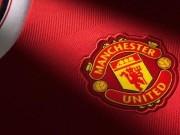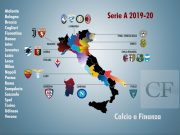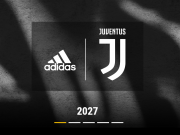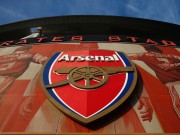German company Result Sports has released its latest Global Digital Benchmarking Analysis report. Juventus, Milan rank in the top 20.
According to the press release, the ranking takes into account clubs’ combined following on Facebook, Instagram, Twitter, Periscope, Google + and YouTube in order to quantify each club’s digital community – their cumulative following across digital media.
Turkish football club Galatasaray are the first club outside of Europe’s top five leagues to feature, whilst Corinthians of Brazil are the first non-European club, coming in at 15th.
Mario Leo, founder of RESULT Sports:
“The Global Benchmarking study fulfils two (critical) aspects,” he says. “First of all, it provides a single source to compare teams on different continents, and shows where the global digital football leaders stand. And secondly, [and this] is probably much more unrecognised, we share the status of the technology ‘battle’ [which is] happening in the background!”
“While many only focus on the follower and engagement side, you have to also understand what the impact of communities and usage means for the technology platforms themselves – hence the social platform choice: Facebook & Instagram, Twitter & Periscope, Google+ & YouTube. Especially Google needs to increase ‘value’ to keep its position and relevance in sports.”
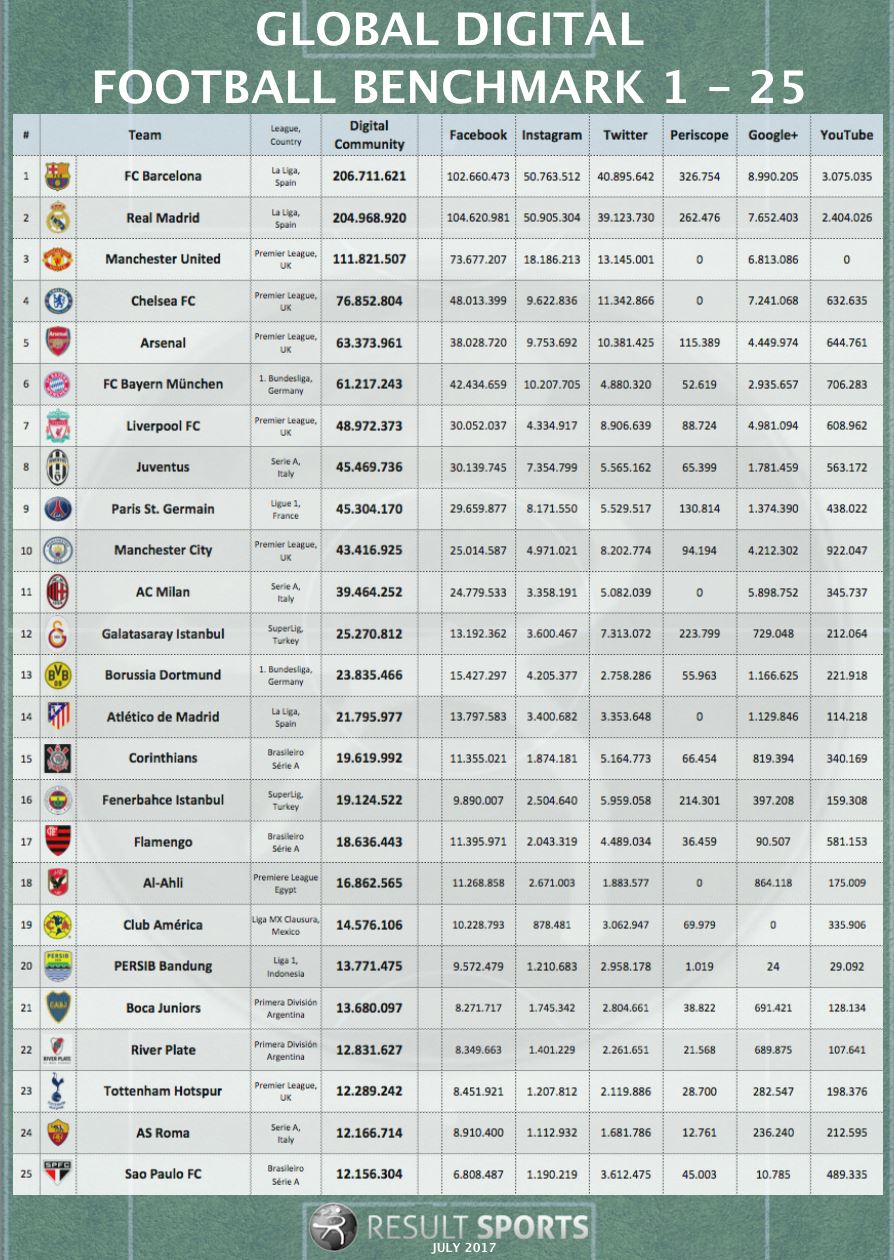
These rankings aren’t just vanity metrics for clubs and some of their more boastful fans, but they are also a crucial insight into how relevant each social platform is. It shows which are growing and which are becoming less important. Beyond the top five or ten clubs, for example, Google+ is increasingly irrelevant, and you don’t have to look past the first page to find Club America (in 19th) who can still maintain their position even with a grand total of 0 followers on Google’s platform.
Table: Ranking of Italian Clubs
8- Juventus
11- Milan
24- Roma
30- Inter
38- Napoli
68- Fiorentina
122- Lazio
It is also worth noting that Chelsea, Manchester United, Atletico Madrid and AC Milan haven’t adopted Periscope, whereas the other big European names have, whilst United are the only club in the top 30 not to have a YouTube account. The question then becomes what does that mean for those platforms and their relevance for sport? As times change, football clubs won’t stay still, but it would be a mistake to think that the social media platforms will, too. Social media has become vitally important for football clubs and will probably remain so, but that’s not the same thing as saying, for example, that Twitter will remain that important.
“We have provided digital rankings since 2010 and I remember the days when social media managers received no real recognition for their critical work,” says Leo. “Luckily that has changed, and the importance of data analysis and metrics are crucial for most football clubs these days. But it is not only the size of the community, it is important to engage and interact with fans online. And Sponsors want to be on those digital channels too, because they would like their brand in front of an emotional and passionate community.”


